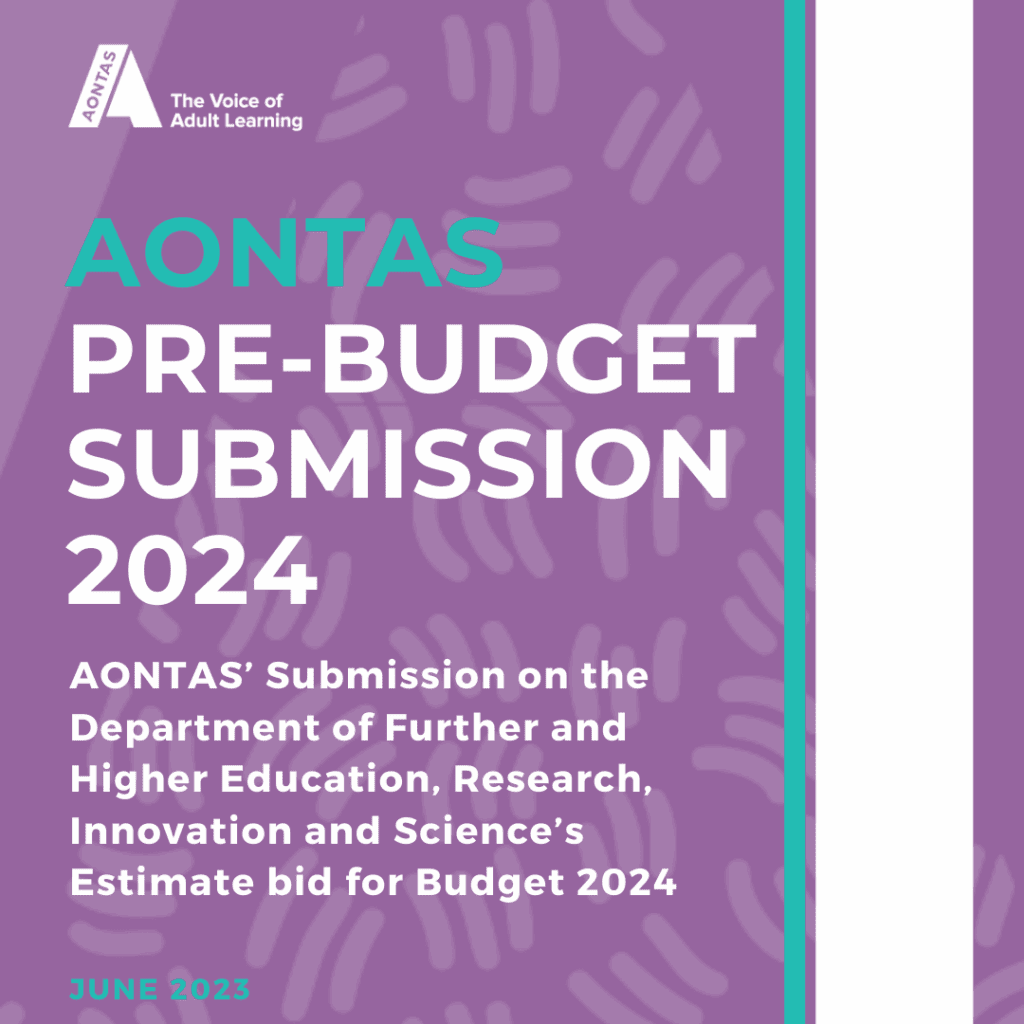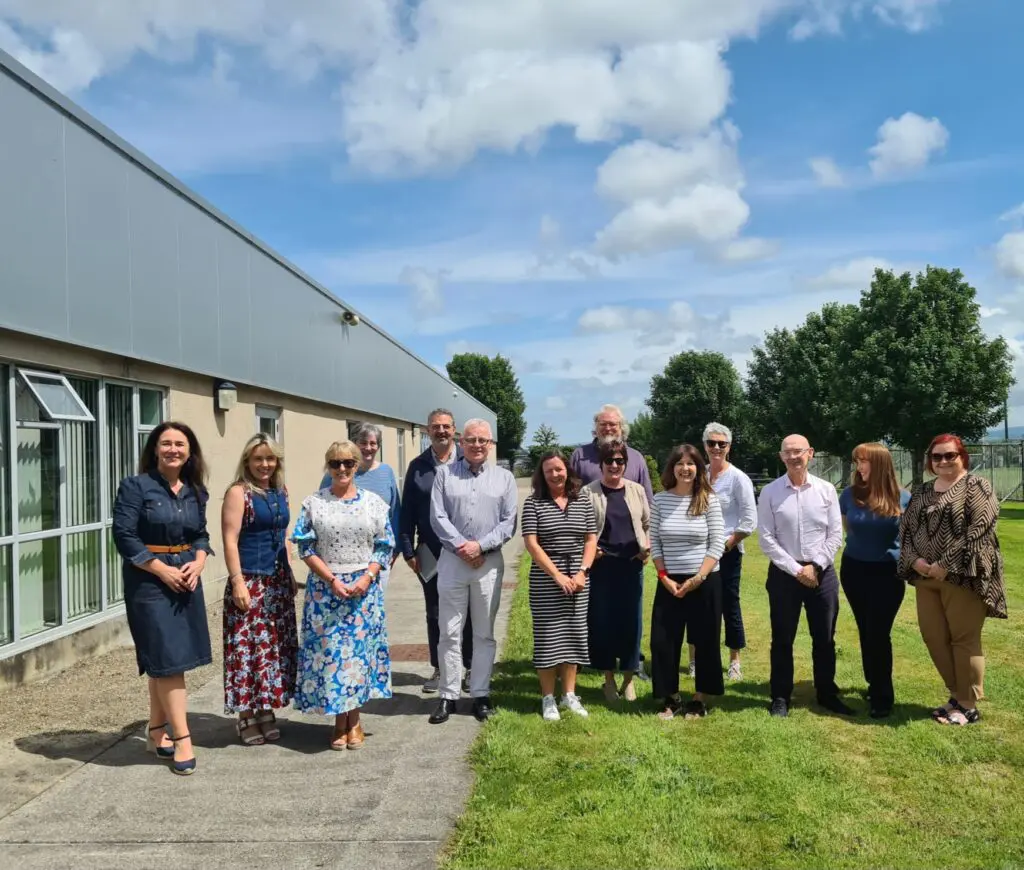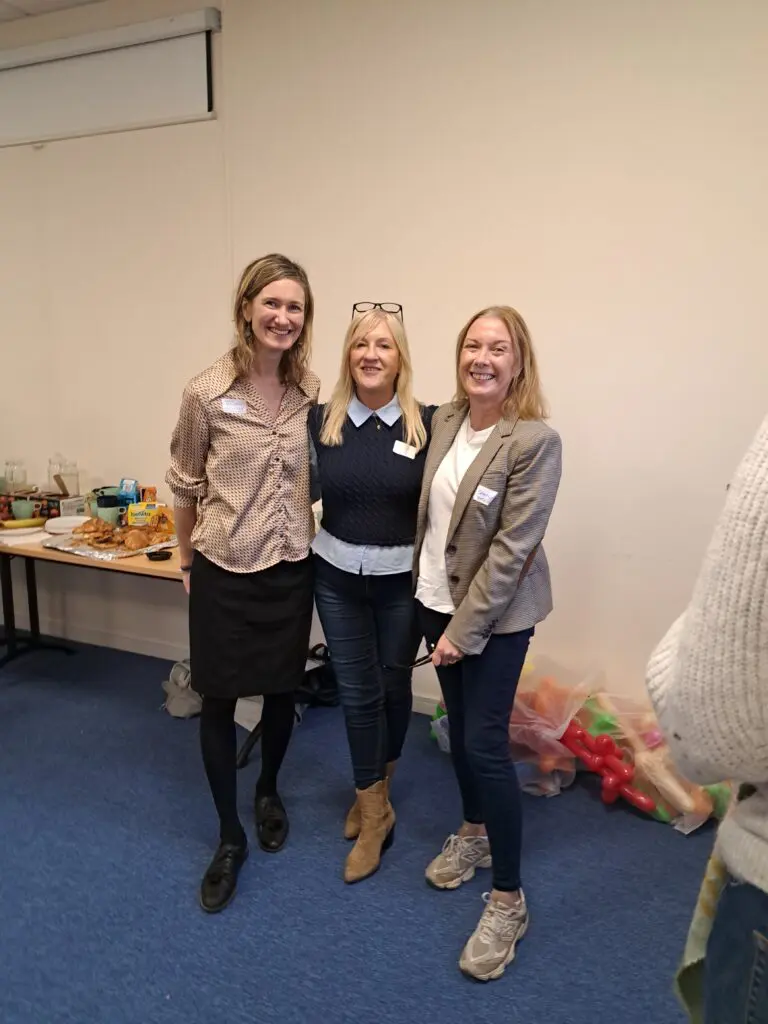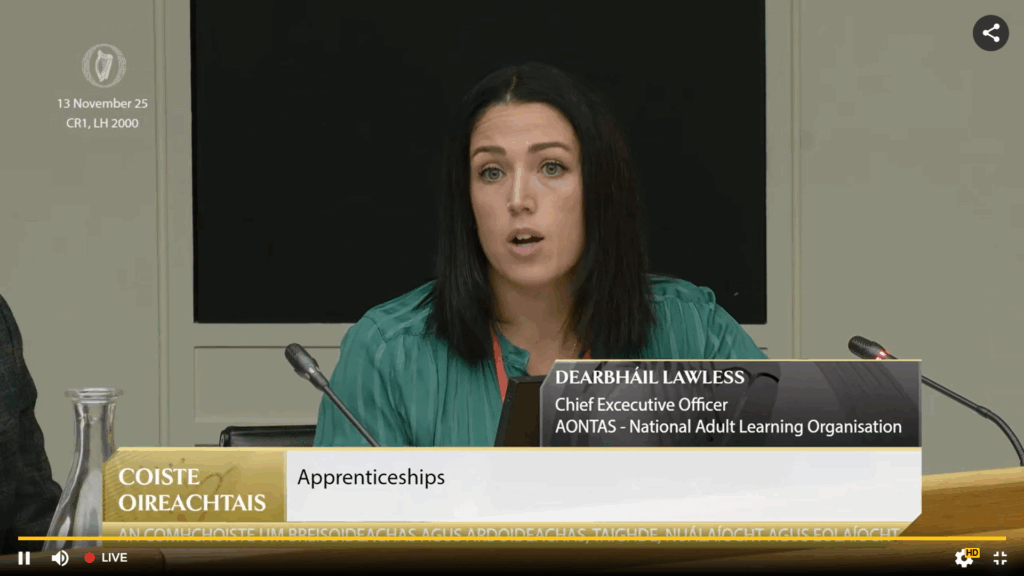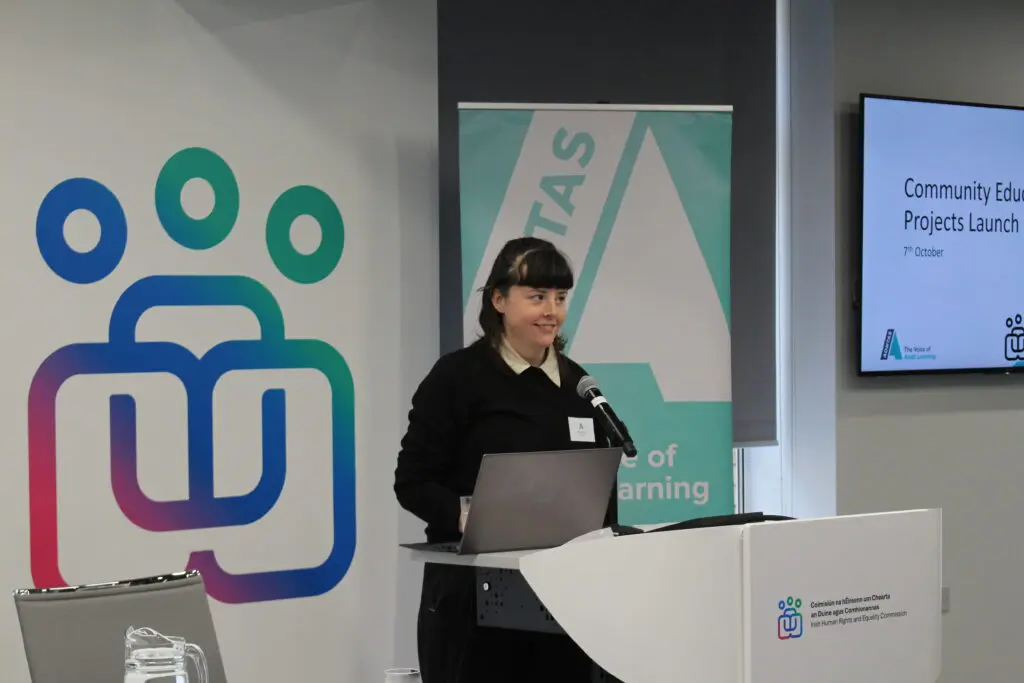The National Women’s Council (NWC) recently published “The Women’s Budget”, with ten asks for the Government ahead of Budget 2024 “to improve women’s lives”.
Their main ask is for “a public model of childcare.” This means not-for-profit, funded childcare – as opposed to private businesses – would be the primary form of childcare in Ireland.
The goal is to combat the high fees parents are now being charged for creches and child-minders across the country. In two-parent households, it is often not feasible for both parents to continue working and be able to afford childcare, which means that often one parent stops working in order to mind the child or children. In heteronormative societies, this is more likely to be the woman.
According to the NWC, “lack of affordable childcare is the biggest barrier to women’s equal participation in society, including in the labour market.”
It means that women have fewer chances to progress in careers, or return to, or stay in, education.
For women, and particularly single mothers, the high costs of childcare means that many cannot afford to take on a class, course, or training programme as an adult. Lack of access to affordable childcare comes up time and again as a major issue in the research results from AONTAS’s National Further Education and Training Learner Forum, a mixed methods national research project.
In these results, a significant proportion of survey respondents expressed a dissatisfied or neutral response to the survey question relating to childcare supports. Learners facing the greatest barriers or challenges in accessing education, such as those living in Direct Provision, gave a less satisfied response (28%). Lone parents were the group who expressed the least amount of awareness of childcare supports (51%).
The research indicates that many learners are struggling to manage childcare or other home caring responsibilities with their learning, and many requested that their Education and Training Board “provide more childcare support for people with pre-school children.” One learner called on their Education and Training Board to “help people access childcare or extra family supports.”
The NWC’s pre-budget submission states that childcare is one of “the most effective and efficient way to tackle persistent gender inequalities.”
In our pre-budget submission, we call for the Government to make affordable childcare available to any learner who needs it, through a public model of childcare.
We also call for funding for the Education and Training Boards and Higher Education Institutions to develop onsite childcare facilities, and for higher rates of childcare subsidy to a broader range of learners.
Through the robust research that underpins our pre-budget submission, one particular learner, a lone parent who had progressed from Further Education to her first year in Higher Education, stated that she was using her SUSI grant to supplement childcare costs. She described the negative impact this was having on her family, a she has to choose paying for childcare over other essential items needed by her children. Due to these financial pressures, she was not certain she would be able to complete her degree.
According to the NWC’s Care Officer Eilish Balfe, “international evidence shows that a public, not-for-profit, childcare model is the best way to ensure access to affordable, quality childcare for families and decent pay and conditions for workers. Government must commit to delivering a public model of childcare, alongside a further 25% reduction in costs to parents in Budget 2024.”
We support the NWC’s calls and will continue to work with them so that women in Ireland have equal access to education at any stage of their lives. They are holding a National Day of Action on Public Childcare on 19th September 2023, and we will join them.
For more on our calls for Government action in Budget 2024, read our pre-budget submission here.
Writing by Dr Kate Smyth, Strategic Comms Officer
